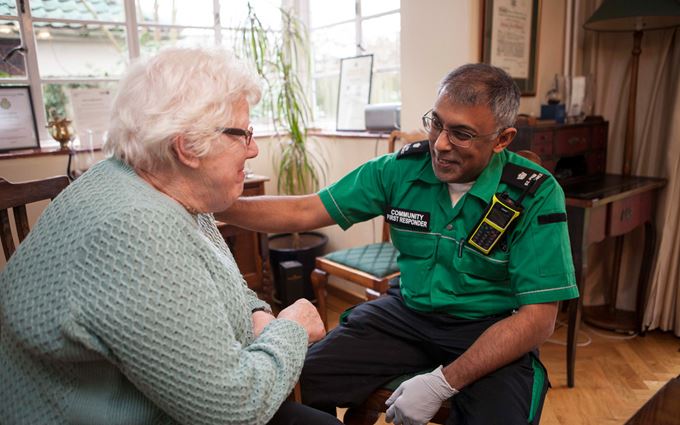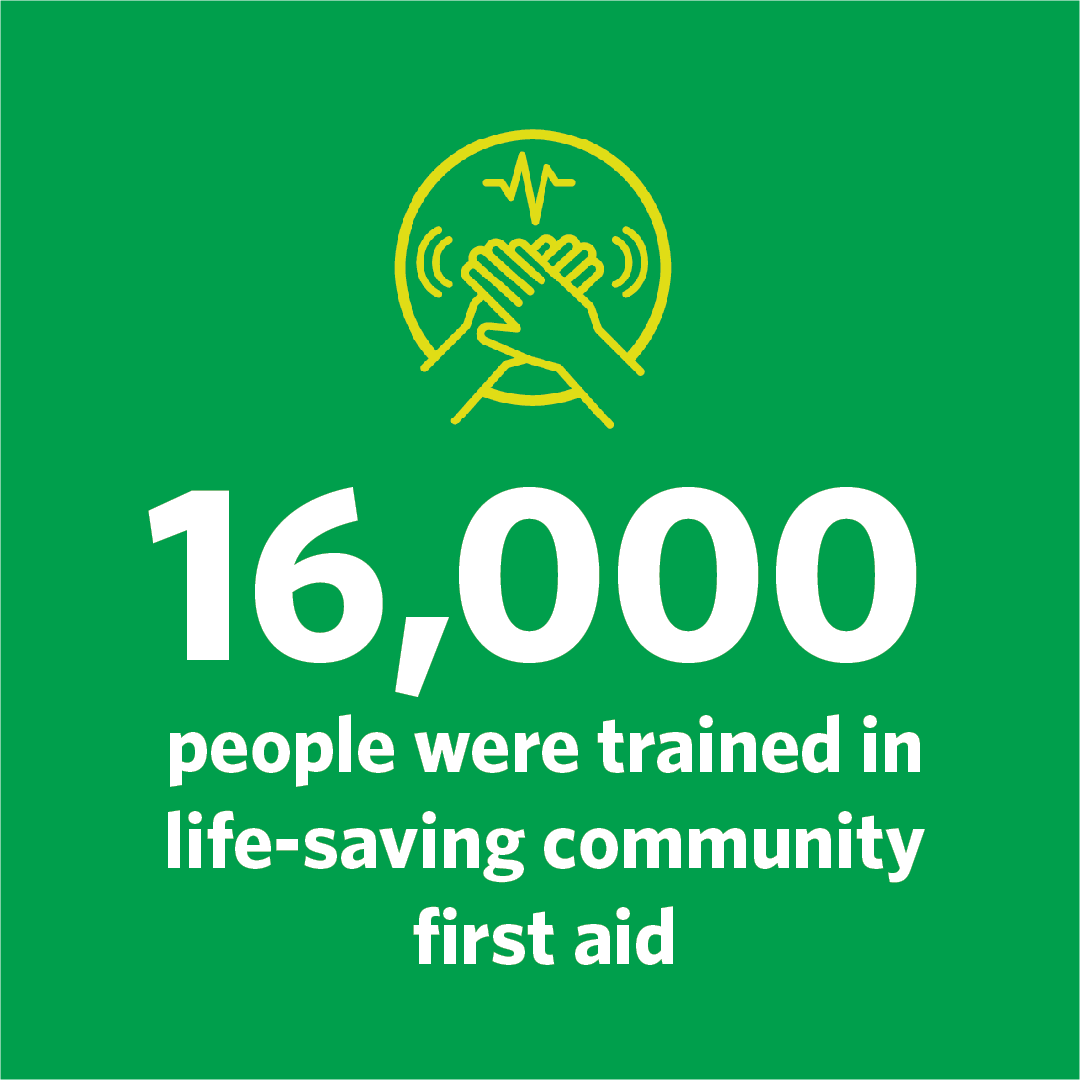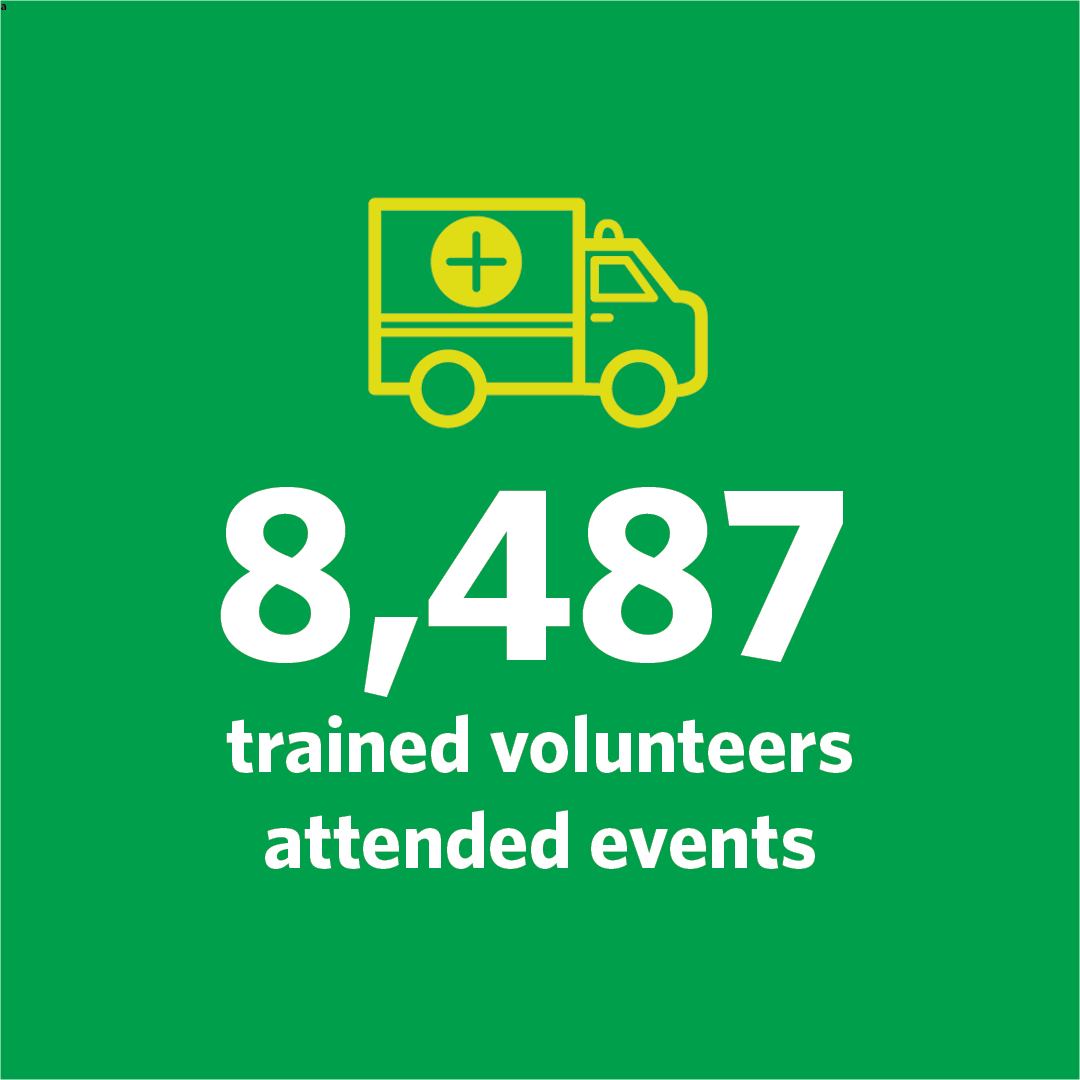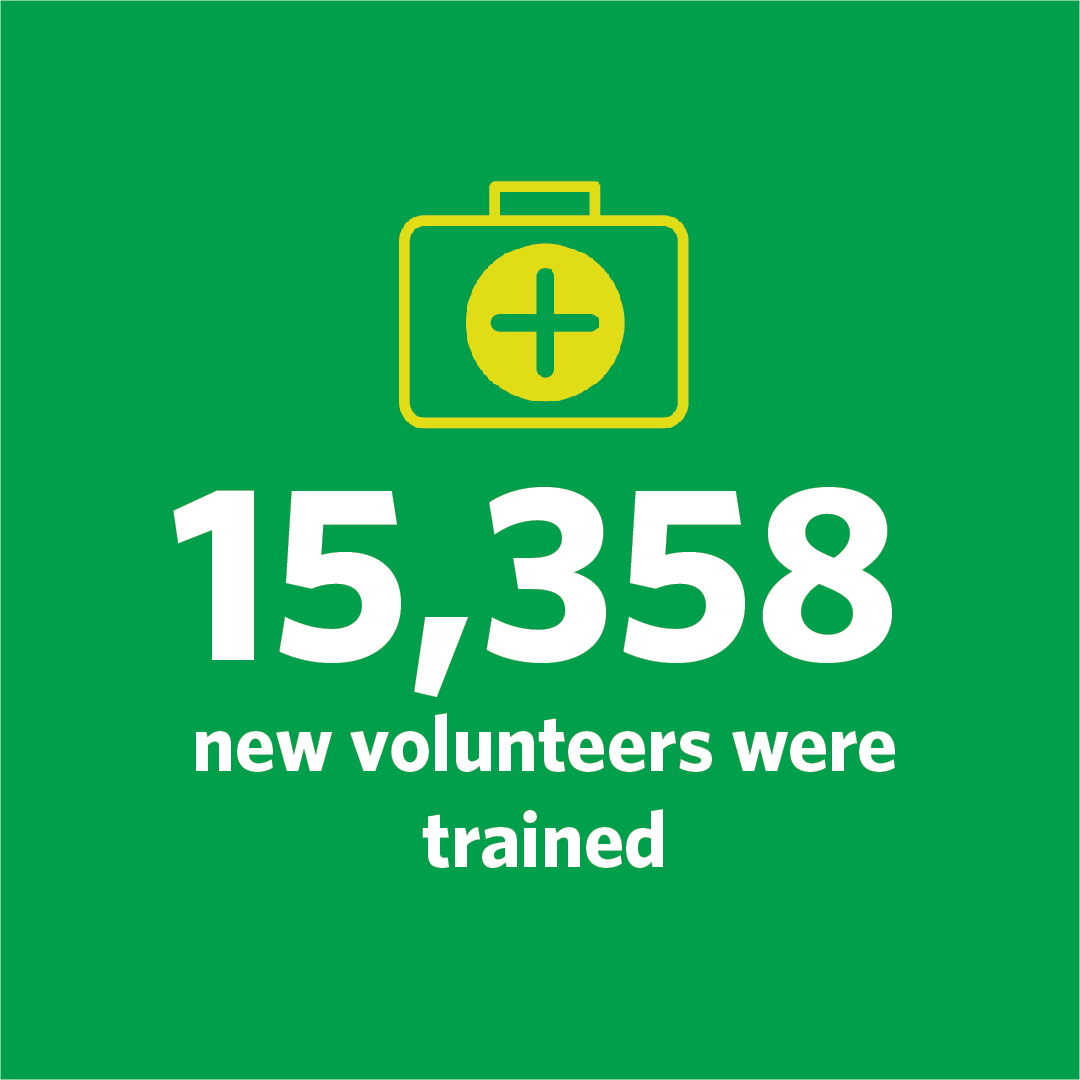Thank you for considering leaving a gift in your Will to St John Ambulance – we are incredibly grateful. Legacy giving is a very special way of continuing your support far into the future, and a gift of any size can help keep our communities safe.
An amazing 24% of our charitable funding comes from legacy gifts. When someone leaves a gift to us in their Will, they are helping us train and equip the next generation of lifesavers.
Your support can help us realise our vision of a world where everyone is confident, ready and able to respond whenever first aid is needed - saving more lives.
Anyone can leave a gift in their Will to charity. Even just 1% of the remainder of your estate could make a huge difference to funding our vital work.
Making your Will is one of the most important things you’ll ever do. It ensures that your money and belongings will go to the people and causes you care about when you're gone. You'll find lots of information here to help make the process much easier.
To leave a gift to St John Ambulance, you'll need:
- Our registered charity number: 1077265/1
- Our registered address: St John Ambulance, 27 St John's Lane, London, EC1M 4BU








